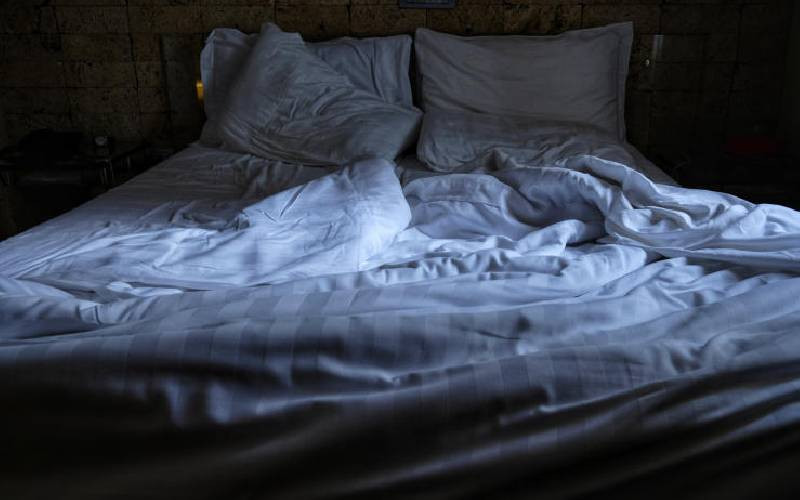×
The Standard e-Paper
Fearless, Trusted News

Almost half of single men don't wash their bed sheets for up to four months at a time, according to a recent survey of 2,250 adults in the UK.
Single women washed more often, with six in ten saying they changed their bedding every two weeks. Couples claimed to do theirs every three weeks, according to the survey done by a bedding company.